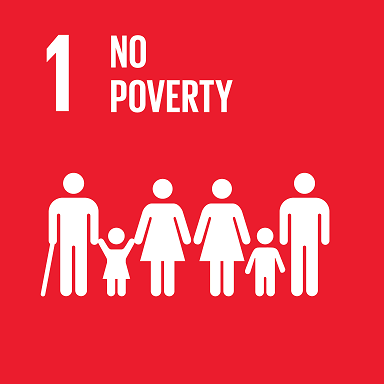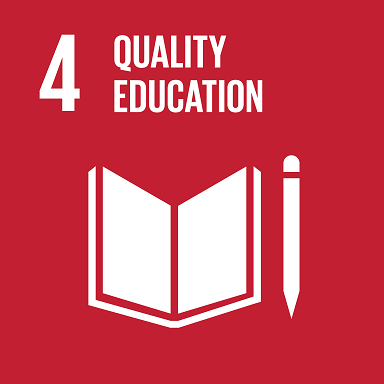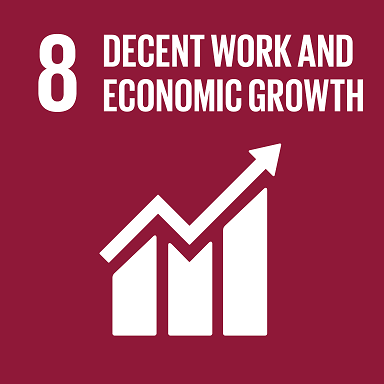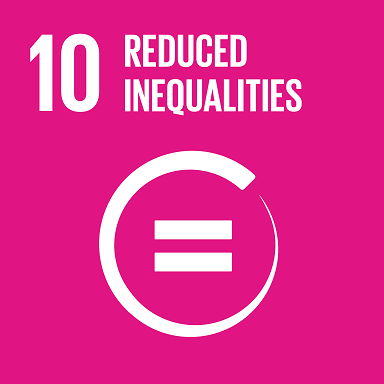Lessons Learnt
Agencia Chilena de Cooperación Internacional para el Desarrollo (AGCID) - Chile
Banco de Desarrollo de América Latina (CAF)
Comitato Internazionale per lo Sviluppo dei Popoli (CISP) - Italia
Departamento Nacional de Planeación (DNP) - Colombia
Ministerio Coordinador de Desarrollo Social - Ecuador
Ministerio de Educación (MINEDU) - Perú
Ministerio de Trabajo y Seguridad Social (MTSS) - Costa Rica




Reviewing the project formulation at the beginning and at key moments of the implementation phase
Description of the action that gave rise to the learning:
The project defined as a baseline scenario for the achievement of the originally expected results that there would be no massive changes in terms of institutional references or priorities. However, throughout the project's implementation, there have been changes of government in the region (and to a large extent of the officials and technical staff involved in the institutions involved) and along with them, changes in the level of interest and commitment to the subject and consequently to the project's proposals and initiatives. However, the project was able to adapt to changes in governments and countries that had participated in the formulation phase.
The DIALOGAS project has a strong networking component, for which the involvement of all participating institutions is essential, most of which are public institutions representing their respective governments.
For example, Ecuador's Coordinating Ministry of Social Development, which was the initial partner in the project, was repealed by presidential mandate. However, in order not to lose Ecuador's involvement, the project developed a strategy to include Ecuador's National Secretariat for Higher Education, Science and Technology (SENESCYT) as a partner entity and thus maintain the country's representation. This incorporation was implemented with the collaboration of CAF since they were carrying out an action in the context of incorporating transversal and socio-emotional competences in the educational field in Ecuador through this institution. In this way, SENESCYT participated in the project's activities, hosted one of the workshops, and formalized its membership with MESACTS and as a partner entity of the DIALOGAS Project.
Experience gained:
Bearing in mind that cooperation projects have a time horizon of several years and that during that time span there might be changes in the governance structure of the countries involved, it is important to:
- Verify that the interest and institutional commitment to the project subject are priorities at the country level during the identification and negotiation of the project.
- Confirm and update partner entities' priorities and interests at the beginning of the implementation phase and at key moments of it (changes of government, changes of officials, changes in political priorities).
- Anticipate the incorporation of new members to the project through a flexible design
- Facilitate adaptability to unforeseen circumstances (such as changes of government) through a contingency plan with mitigation measures.
Impacts:
Having a flexible project design and a contingency plan to face unforeseen circumstances allows us to:
- Minimize the incidents that may influence the good performance of the project.
- Take advantage of opportunities.
- Facilitate the management and coordination with partners.
- Extend the geographical scope of the project.
The added value of Triangular Cooperation: (more information here)
1. Building ownership and trust.
2. Promoting complementarity and increasing coordination in development cooperation.
3. Sharing knowledge and learning jointly.
4. Co-creating solutions and flexibility.
5. Enhancing the volume, scope and sustainability of Triangular Cooperation
6. Achieving global and regional development goals through strengthened partnerships for sustainable development.
RELATED FILES
The recommendations made in the evaluations of the EVALÚA project have enabled strategic improvements to be brought about in public policies and programmes in the partner countries.
When formulating the project, the team ensured that it would have the political commitment of the ministries and sectoral institutions in each of the countries involved. However, this exercise was not repeated with the same intensity at the beginning of the project and after the successive changes of government in the Mesoamerican countries, which led to losing the pulse of the political environment and institutions. When the team became aware of this weakness, time and resources were devoted to making the necessary corrective decisions.




